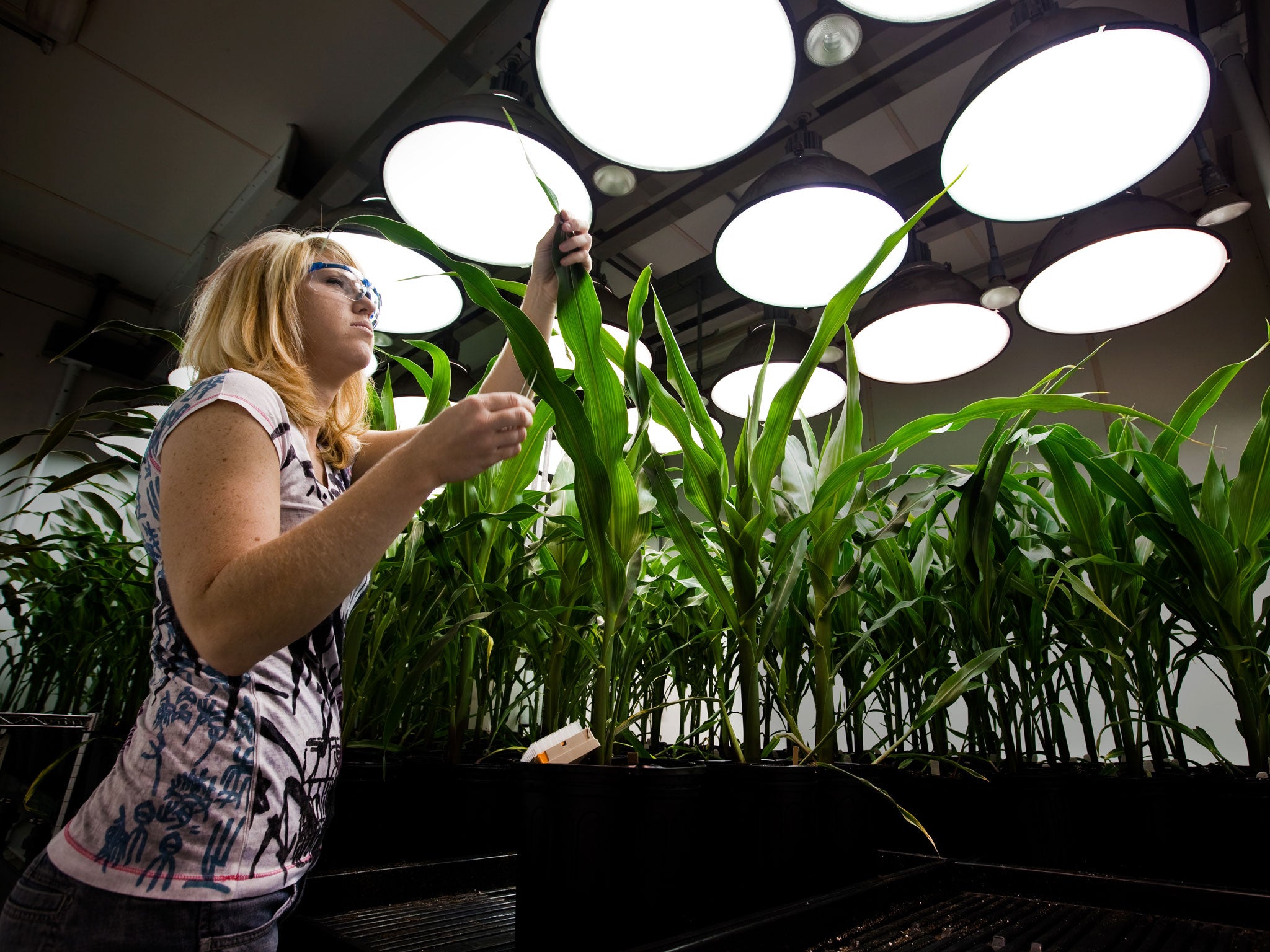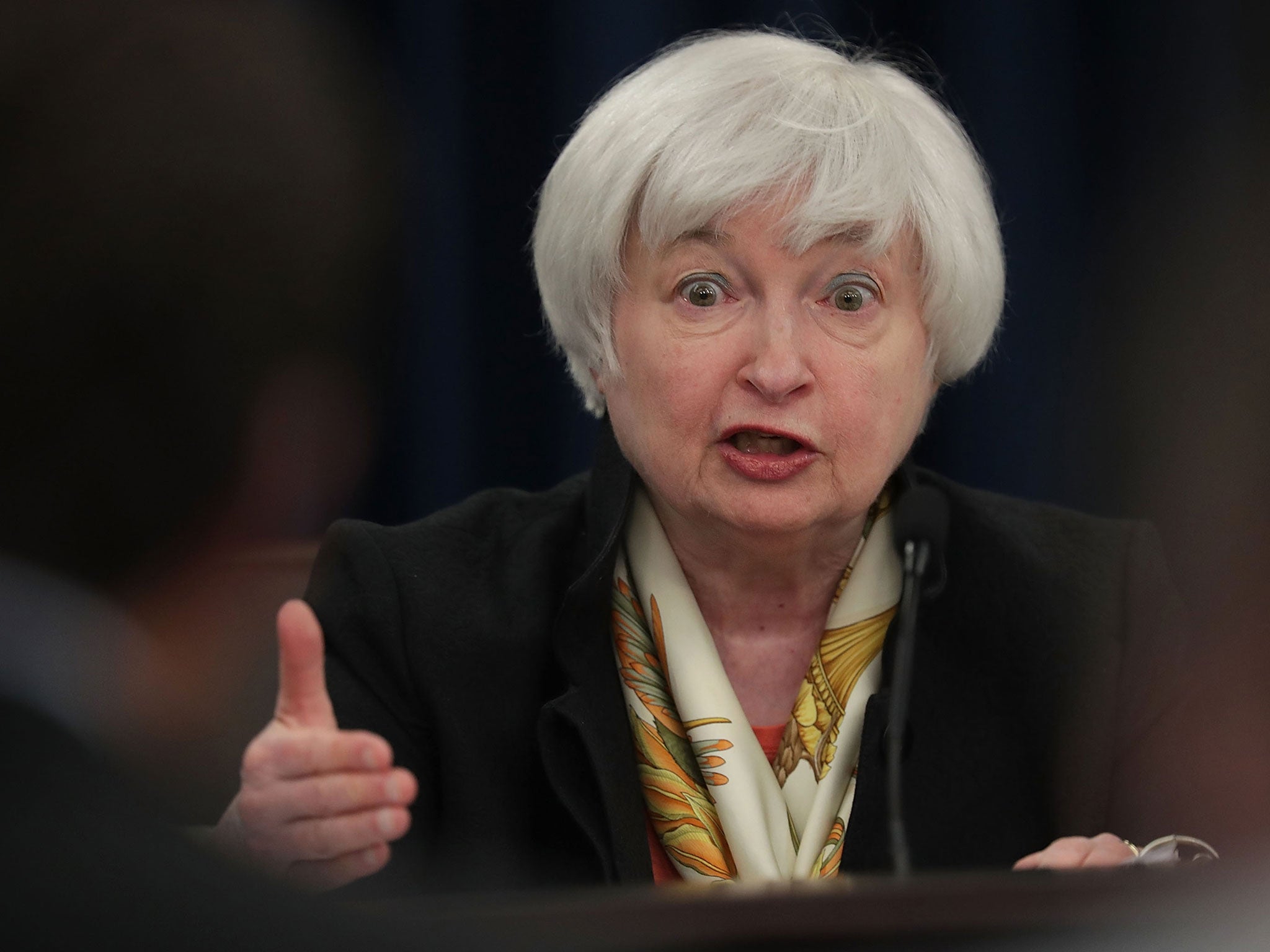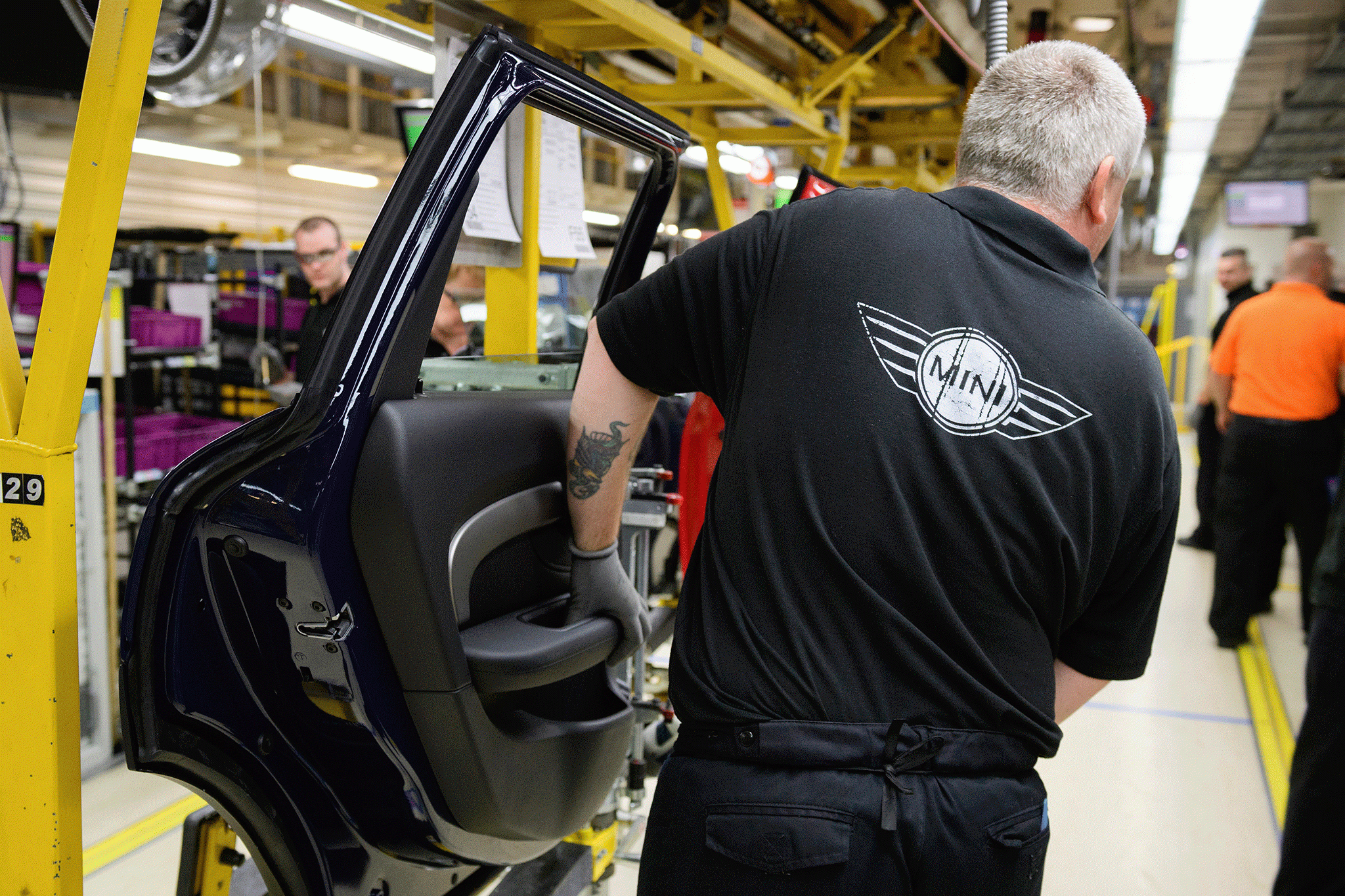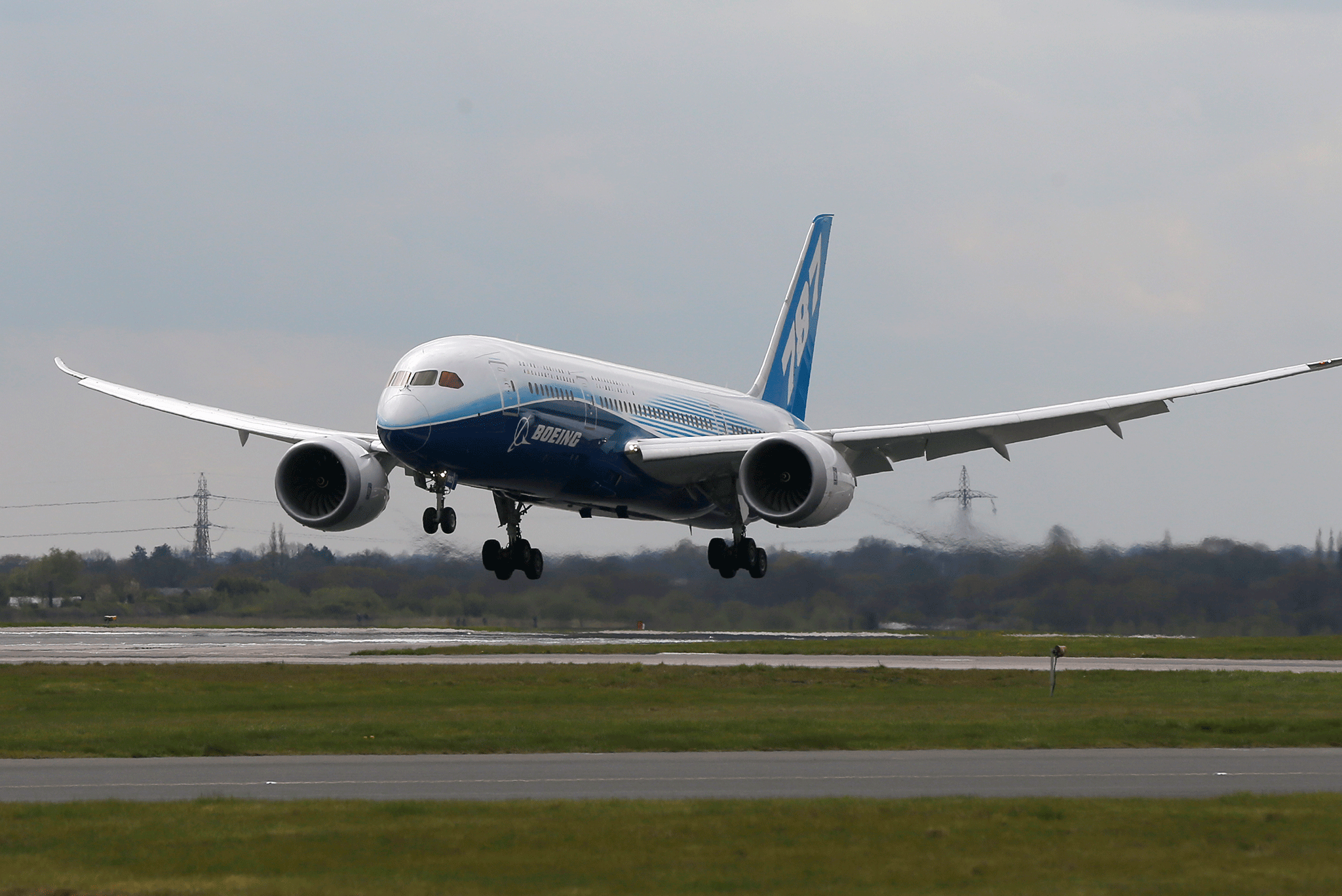Big six, Monsanto, Playtech: Business news in brief Friday 26 August 2016
Energy providers stem customer exodus; Monsanto withdraws patent application in genetically modified seed row; Playtech pays special dividend

Big Six energy firms stem customer exodus as prices rebound
Rebounding energy prices are giving Britain's 'Big Six' energy suppliers a chance to win back ground lost to smaller rivals and stem an exodus of customers that shaved off more than a billion pounds in revenue last year.
The Big Six - Centrica's British Gas, SSE, E.ON, RWE npower, EDF Energy and Scottish Power - were hit hard by weak energy prices last year that decimated their upstream profits and lured customers to cheaper tariffs on offer at smaller competitors.
Consumers have also grown increasingly dissatisfied with poor customer service from market leaders, enabling smaller rivals to snatch market share with more efficient service and tailored offers such as green energy supply.
As small, independent energy suppliers, such as First Utility, Ovo Energy or Utility Warehouse, buy most of their customers' energy needs for a shorter period, they were able to slash tariffs as energy prices tumbled by 20-30 per cent over the course of 2015. Large suppliers typically hedge a few years ahead, locking in prices over a longer period.
But small players are now having to increase their tariffs to cover higher wholesale prices, handing the Big Six an opportunity to fight back.
Energy market prices for the winter, the peak demand period for heating, have risen nearly 30 percent since April due to a rise in oil prices and weak gas storage levels.
“Now that commodity prices have bounced back, the discount small suppliers can offer versus the Big Six has been shrinking,” said Roland Vetter, head of research at commodity investment firm CF Partners.
Reuters
Monsanto withdraws GMO cotton seed application in India

Monsanto has withdrawn an application seeking approval for its next generation of genetically modified cotton seeds in India, a major escalation in a long-running dispute between New Delhi and the world's biggest seed maker.
A letter sent by Monsanto's local partner in India, the conglomerate's biggest market outside the Americas, strongly objects to a government proposal that would force Monsanto to share its technology with local seed companies.
The company is also at loggerheads with India over how much it can charge for its genetically modified cotton seeds, costing it tens of millions of dollars in lost revenue every year.
The unprecedented decision to pull the application, which has not previously been reported, could set back Monsanto's efforts to introduce its new seed, called Bollgard II Roundup Ready Flex technology, for years and lead to further losses.
It will also ratchet up pressure on the Indian government, as it undermines Prime Minister Narendra Modi's efforts to make the country look more attractive to foreign investors.
It could also hurt Indian cotton farmers. The new seed variety helps fight against weeds that sap the cotton crop of vital nutrients and depress yields.
A Monsanto spokesman said the withdrawal of the application was “an outcome of the uncertainty in the business and regulatory environment”, but that the move had “no impact on our current cotton portfolio being sold in India”.
A spokesman for the environment ministry, which had the application before it, was not available for comment.
Reuters
Central bankers urge more public spending to plug $1trn investment gap

While markets wait for Janet Yellen's latest message about the direction of monetary policy, the Federal Reserve chief and her colleagues already have one for politicians: the US economy needs more public spending to shift into higher gear.
In the past few weeks, Yellen and three of the Fed's other four Washington-based governors have called in speeches and Congressional hearings for government infrastructure spending and other efforts to counter weak growth, sagging productivity improvements, and lagging business investment.
The fifth member has supported the idea in the past.
The Fed has no direct influence over fiscal policy and its officials traditionally refrain from discussing it in detail. Having its top officials - from Yellen to former investment banker and Bush administration official Jerome Powell - speak in one voice sends a strong signal to the next president and Congress about the limits they face in setting monetary policy and what is needed to improve the economy's prospects.
The Fed's annual conference in Jackson Hole, Wyoming, where Yellen speaks on Friday, is due to focus on how to improve central banks' “toolkit,” but the unanimous message from the Fed's top policymakers is that those tools are not enough.
“Monetary policy is not well equipped to address long-term issues like the slowdown in productivity growth,” Fed vice chair Stanley Fischer said on Sunday. He said it was up to the administration to invest more in infrastructure and education.
As a share of gross domestic product, US annual business investment since 2008 has averaged nearly a full percentage point below the previous decade's average, government data shows. Reuters calculations indicate the investment shortfall has blown a hole in annual GDP that has grown to as much as one trillion dollars a year.
Reuters
Playtech pays €150m special dividend and targets more acquisitions
Gambling technology company Playtech would continue to seek deals, its chief executive said, after it announced a special payout worth €150m (£127.87m) to shareholders.
“We have a strong pipeline of M&A targets. We are in discussion in both gaming and finance divisions,” CEO Mor Weizer said, hinting that Playtech would continue its buying spree that has seen it acquiring two companies since May.
The company said it would pay 46 cents per share as special dividend on 6 December, which would come from its cash pile that stood at €777.6m (£664m) as of 30 June.
Playtech, which provides software for sports betting and online casino and poker games, bought rival operator Best Gaming Technology for €138m (£118m) in July and Swedish games studio Quickspin in May.
Gambling faces higher taxes and tighter regulation, and a series of mergers has intensified competition as firms market themselves to younger sports fans betting via mobile apps.
The company, founded by Israeli billionaire Teddy Sagi, hiked its interim dividend by 15 per cent on Thursday, after strong performance in its key gaming division pushed up its first-half revenue by 18 per cent.
Playtech's shares rose as much as 5 per cent, before paring some gains. They were up 3 per cent at 929p on Thursday.
Revenue rose to €337.7m (£289m) in the six months ending 30 June, from €286m (£245m) a year earlier. Gaming, which accounted for nearly 90 per cent of the company's first-half revenue, grew 11 per cent.
Average daily revenue in the gaming division for the first 55 days of the third quarter was up 12 per cent, Playtech said, adding that it was confident of “strong” growth in 2016.
Reuters
UK car-making hits 1m so far this year

British car production rose in July but at a slower pace than in June, according to an industry group which urged the government to make sure the country's exit from the European Union does not hamper the sector.
Britain's overwhelmingly foreign-owned carmakers had urged voters to remain in the 28-member bloc, where over half of British car exports are sold.
According to the Society of Motor Manufacturers and Traders (SMMT), output in July rose 7.6 per cent to 126,566 units, driven by a 14.1 per cent jump in domestic demand and a 6 percent rise in international demand.
In June, sales rose 10.4 per cent compared with the same month a year earlier, led by a 24 per cent increase in domestic demand.
On a year-to-date basis to the end of July, production grew 12.3 per cent to just over 1m units, the best performance in 16 years. According to the SMMT, more than three quarters of a million cars built this year are destined for overseas markets.
“Future success will depend on continued new car demand and attracting the next wave of investment so Britain must demonstrate it remains competitive and open for business,” Mike Hawes, SMMT chief executive, said.
The automobile sector faces bigger risks from the Brexit negotiations than many others in Britain because the EU imposes a 10 per cent import tariff on vehicles from outside the bloc.
Reuters
Rolls Royce engine trouble grounds Boeing’s Dreamliner

ANA Holdings, the world’s biggest operator of Boeing’s Dreamliner jet, will halt some services using the 787 saying it found an issue with the plane’s engines.
Japan’s biggest airline will stop some services starting Friday, Wataru Yoshioka, a spokesman for the Tokyo-based company said Thursday. The airline’s fleet of 50 787s are all powered by Rolls-Royce engines.
ANA will elaborate on the issue, including the number of planes affected at a press briefing at 6 pm in Tokyo, Yoshioka said. The airline had an engine problem on a Boeing 787 in February, when the plane returned to Kuala Lumpur airport after receiving a warning that the temperature of the exhaust gas from its right engine was very high, forcing the engine to be shut down.
The engine problem that prompted the airline to take the decision is similar to the one discovered in Kuala Lumpur, the spokesman said.
Bloomberg
Longer NHS waiting lists drive Spire Healthcare profits up 16%

Funding constraints on the NHS have lead to bumper profits for Spire healthcare, which provides treatment for both NHS and private patients. Profits jumped 16 per cent in the six months to the end of June.
Eyeing up further profits from longer NHS waiting lists, Garry Watts, Spire’s executive chairman, said: “although we now know the result of the Brexit referendum, we have no great clarity on how it will affect our sector in either the short term or the longer term. A constant however, is that NHS funding constraints will continue to put pressure on waiting list targets and the provision of a fully unrestricted, unrationed service to the UK public.”
“A core part of our strategic proposition focuses on this ever increasing opportunity,” he added.
The ever increasing opportunity helped boost sales by 4.4 per cent to £469.5m in the first half.
ITV withdraws bid for Peppa Pig owner Entertainment One

ITV withdrew its £1bn offer for Entertainment One, owner of the popular children’s television franchise “Peppa Pig,” the company said in a statement.
Entertainment One rejected ITV’s 236p per share takeover proposal on10 August. The Canadian company said at the time that the bid was too low but suggested it would be open to a higher one.
“‘ITV continues to believe in the strategic logic and potential benefits of acquiring E One but has a clear view of the value of the business, recognizing that this value would need to be verified by appropriate due diligence,” ITV said on Thursday. “It appears this value is different to the level at which the board of E One would currently engage in a more formal process.”
Private-equity firm KKR also was considering a bid for Entertainment One, people familiar with the situation said this month.
Bloomberg
Business news: In pictures
Show all 13Brexit hammers German business morale as Ifo index plunges
German business morale deteriorated sharply in August posting the steepest monthly drop since the height of the euro zone debt crisis in 2012, a survey showed on Thursday, in a sign that Brexit has weighed more heavily on sentiment among executives.
The Munich-based Ifo economic institute said its business climate index, based on a monthly survey of some 7,000 firms, fell to 106.2 in August from 108.3 in July.
That was the lowest reading since February and the sharpest monthly fall since spring 2012. The headline figure came in weaker than the Reuters consensus forecast for a rise to 108.5
“Business confidence in Germany has clearly worsened,” Ifo head Clemens Fuest said in a statement. “The German economy has fallen into a summer slump.”
Reuters
Subscribe to Independent Premium to bookmark this article
Want to bookmark your favourite articles and stories to read or reference later? Start your Independent Premium subscription today.

Join our commenting forum
Join thought-provoking conversations, follow other Independent readers and see their replies
Comments